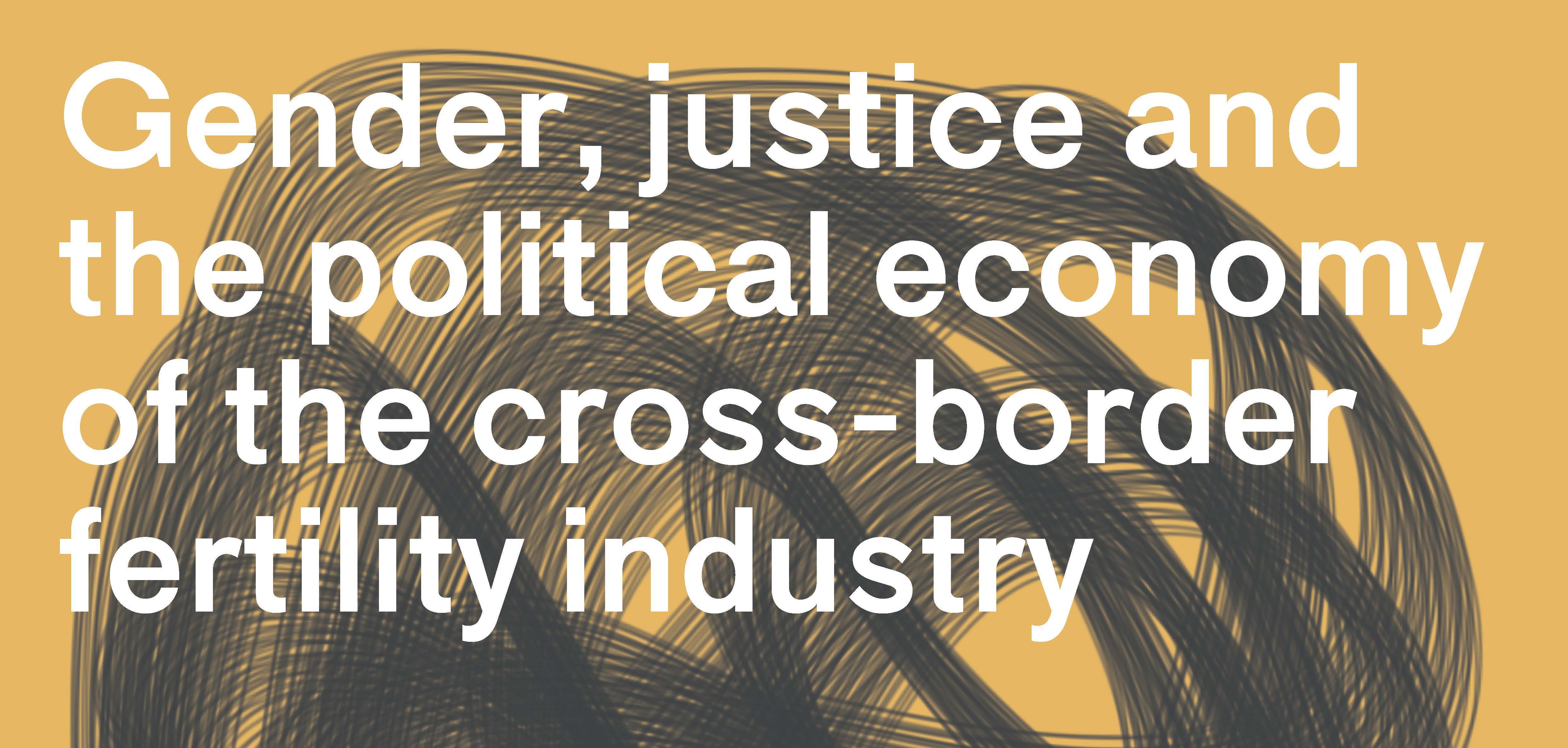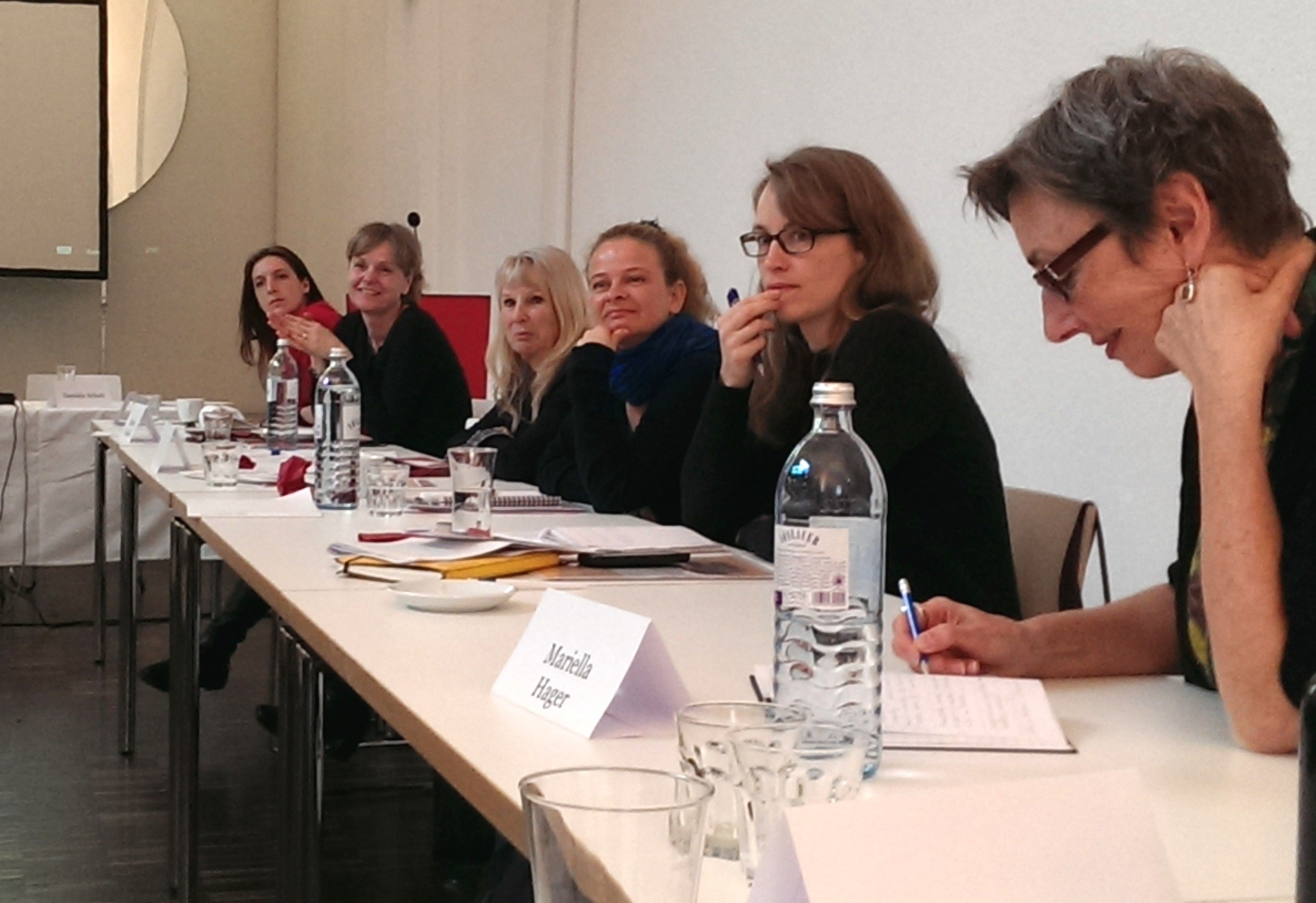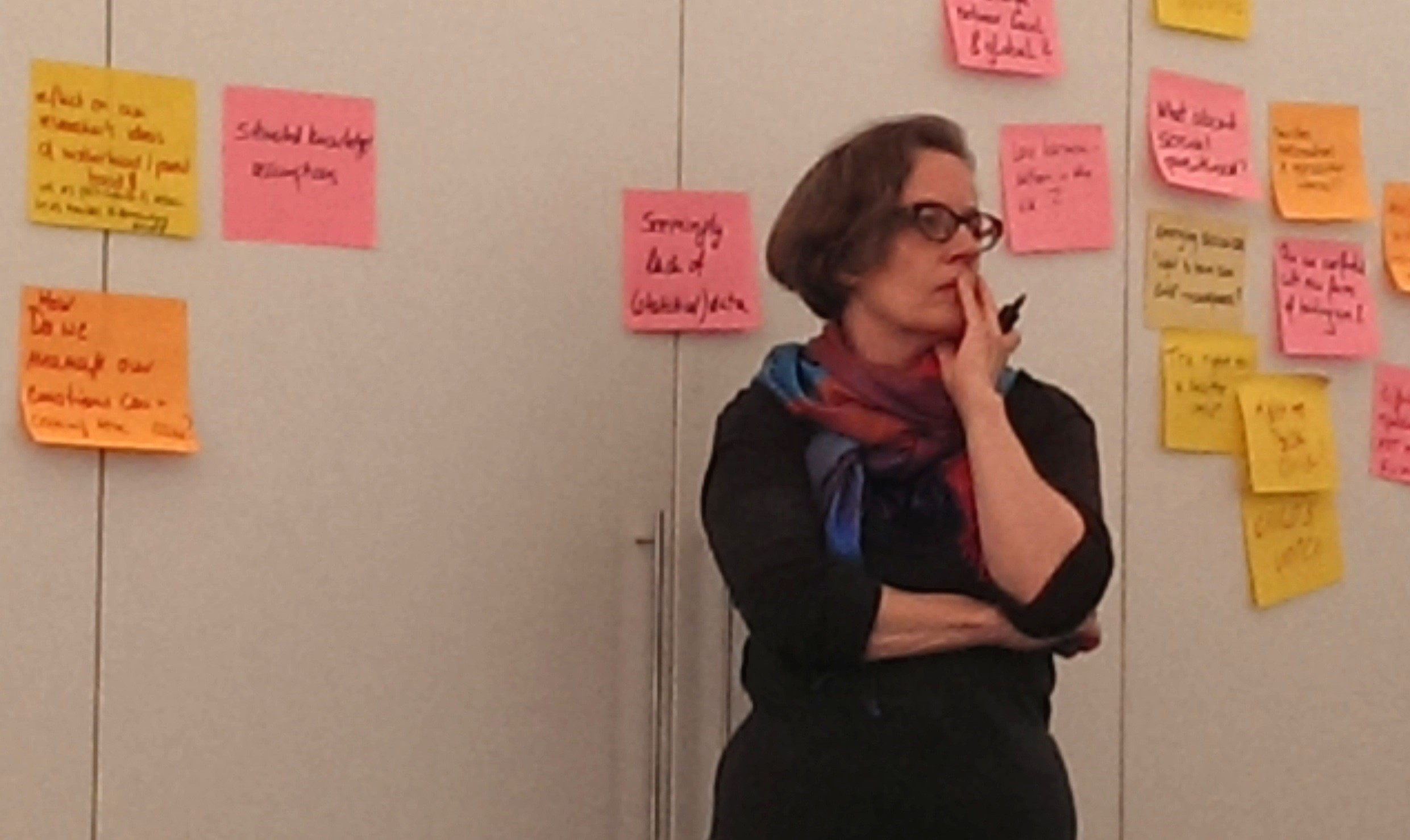by Daniela Schuh

While cross-border fertility travel has become an expanding industry, knowledge about its actual scope, structure, regulation and practices is still sparse. A workshop in April organized by members of the University of Vienna and the Hochschule Luzern met this situation head on by bringing together a diverse program. Scholars from all across Europe and with diverse scientific and institutional backgrounds came together to collectively explore vital questions about the cross-border fertility industry:
How is this industry stratified in terms of gender, ethnicity, race, class, able-bodiedness, and further axes of inequality? How does the rise of cross-border fertility industry and/or corresponding state policies affect gender relations? How can we assess these policies and developments from a gender and social justice perspective? And how should we understand and engage with this industry in the first place?
When planning this event we aimed at creating a platform in order to exchange existent knowledge, explore issues and develop questions for a further investigation of the interlinkages of gender, justice, and the political economy of the cross-border fertility industry. There were a variety of topics that came up during the presentations, discussions and coffee breaks. In the following lines I’ll pick few of them and share some thoughts with you.

First, Since the cross-border fertility industry is fundamentally global in its structure, one dimension that participants were concerned with, was its geography: Within Europe, fertility travel usually follows a unidirectional pattern, from West to East and from North to South. At present, the industry seems to thrive particularly in Eastern and Southern Europe: Fertility clinics have mushroomed in the Czech Republic, Spain, Cyprus, Greece, the Ukraine, and Russia. Beyond Europe, fertility clinics that specialize on attracting foreign customers have proliferated particularly in India, Thailand, Nepal, Mexico, and the United States. Based on selected case studies, our participants discussed how this geographical order relates to the social, cultural, and legal inequalities between and within the areas concerned.
Second, while addressing issues of social inequality, several speakers focused on the living and working conditions of Asian and Eastern European women, who contribute to the industry by serving as surrogate workers((The term “surrogate mothers” might be more common but in the course of our workshop we agreed on the notion of “workers” since these woman usually don’t see themselves as mothers of the child they carry.)) or by donating their eggs in exchange for money. For instance, Christina Weis and Veronika Siegl presented some of the ethnographic research they had done in Moscow and St. Petersburg, where they interviewed and accompanied several surrogate workers and egg-donors. Their papers gave thought-provoking insights into the experiences, the motivations and the social situations of these women and further opened up various questions about their agency and instances of self-organization: How, and under which circumstances can women who are actively involved in the cross-border fertility industry as providers of eggs, embryos, or gestational services, get organized and make their demands heard? Are there incipient forms of collective action of these women and if so, how do governments and industry respond?
Sticking to the focus on the living and working conditions of surrogate workers and further addressing the industries’ scale and scope, Christa Wichter provided a broader structural analysis during her IPW-Lecture. In particular, Wichterich gave insights into the political economy of the Indian cross-border fertility industry and its larger long-term implications in terms of inequality and stratification along lines of gender, class/cast, race/ethnicity, and North/South. In this regard, she provided a comprehensive and in-depth analysis of the medical-industrial complex and what she criticized as a “hegemonic reproductive regime” in Indian society.
Moreover, important aspects located and discussed during our workshop concerned the instances of responsibility and regulation: In fact, the cross-border fertility industry emerged in part as a response to restrictive regulations on assisted reproductive practices in Western countries. On this aspect, Mariella Hager and Erich Griessler discussed Austria’s recent relaxation of restrictions regarding access to assisted reproduction and transformations in political positions that accompanied this step. According to their observations, former prohibitions had triggered a dense cooperation between Austrian doctors and institutes in neighboring countries with more permissive regulations.
However, national legal regulations are, not always the prime motivation why people seek medical care abroad, as Eva-Maria Knoll reminded us with her paper on Medical Travel in Asia. Knoll discussed medical travel as part of a state-supported strategy and exemplified how it can be considered and experienced as appropriate, legitimate and inevitable. One of the various dimensions her talk opened up concerned the question if and under what circumstances we may consider fertility travel as legitimate form of medical travel? Could we figure a cross-border reproductive industry that lives up to our ideas of gender equality and social justice? And what are those ideas about in the first place?

After a long day of captivating presentations and encouraging discussions, I left our workshop equipped with a variety of tools for a critical and profound analysis of the medical-industrial complex. It was, however not only the scientific insights I’ve took away but also a strong feeling of how important it is to pay attention to the various ways this industry develops and to ask about the effects it may have for those who engage in it.
Daniela Schuh is a PhD candidate and uni:docs fellow with the STS program at the University of Vienna. In her thesis she investigates current attempts to govern cross-border surrogacy and asks on how these endeavors relate to conceptions of citizenship, sovereignty and national identity.